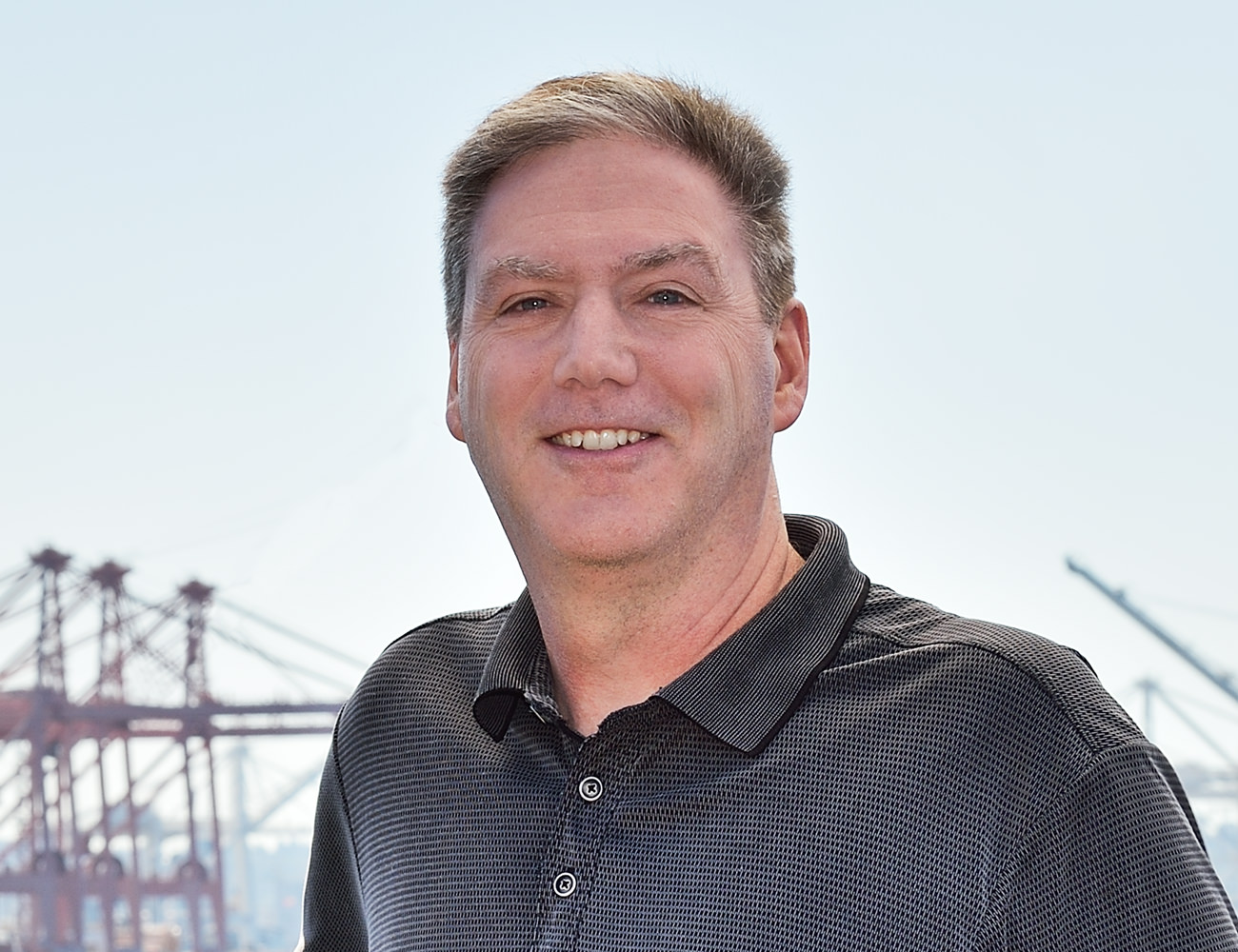
Location:
Living Future
Washington, DC
Speaker:
Date & Time:
05.05.2023 | 4:10 pm–5:05 pm
Extreme heat events are becoming more frequent and more severe, increasing the occurrence of heat-related illness and death. Much of this risk is attributed to overheating in multifamily dwellings and intensified urban heat islands, particularly in neighborhoods with abundant asphalt, few trees, and limited financial resources. Urban areas can experience air temperatures +15 degrees warmer than nearby surrounding areas.
Join Mithun sustainability integration leader Mike Fowler for “Adaptation Strategies for Urban Heat Islands and Multifamily Buildings During Extreme Heat Events” to explore recent data on extreme heat events and implications for the planning and design of more resilient urban communities. Mike will present published, peer-reviewed research incorporating the extreme heat data recorded from the June 2021 Pacific Northwest heatwave, investigating the extent to which passive cooling strategies and natural cooling, in some cases with fan assistance, could diminish the number of hours in which indoor heat index levels exceed ‘extreme caution’, ‘danger’ or ‘extreme danger’ thresholds. The same methodology was used to analyze the September 2022 California heat wave in San Francisco.
Mike’s co-presenter is Melissa Deas, Chief Resilience Officer with the District of Columbia Homeland Security and Emergency Management Agency. She will share the District of Columbia’s new comprehensive heat plan, Keep Cool DC, which builds on their 2016 climate preparedness plan, Climate Ready DC. The plan integrates heat adaptation strategies that mitigate urban heat island effects with the aim to keep people safe during high heat events. It considers a range of social determinants for heat risks including housing, pre-existing health conditions, and other sociodemographic factors. An implementation phase example will cover how to increase affordable housing density without increasing urban heat islands and which resilient site strategies result in offering the most cooling for outdoor thermal comfort in the built environment.
Date Posted: 05.05.2023